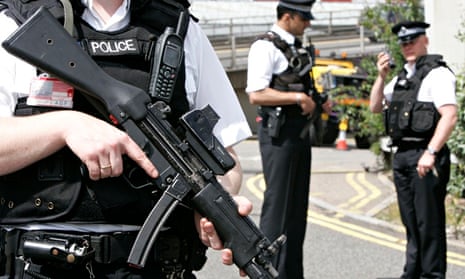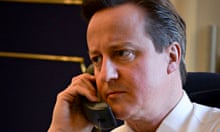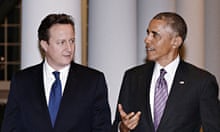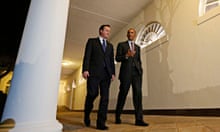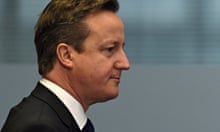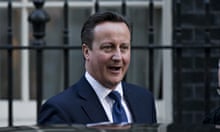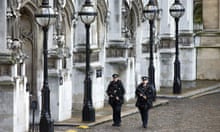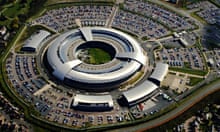When the need to protect civil liberties comes into conflict with the duty to protect citizens against terrorists, the British are right to put their faith in gifted amateurs. For the past 35 years, independently minded individuals have monitored the balance struck by successive governments, making their views known to the authorities and speaking out as they see fit.
It is to the credit of those governments that the post of independent reviewer of terrorism legislation has been held by people who owe no favours to anyone, ranging from Lord Shackleton and Earl Jellicoe in the 1970s and 80s, to the current independent reviewer, David Anderson QC, and his predecessor, Lord Carlile QC. Now Anderson’s post is under threat.
When I first reported the home secretary’s proposed reforms last July, Theresa May was planning to replace the reviewer with a body to be called the independent privacy and civil liberties board. As I said at the time, only a cynic would suspect that a body with privacy and civil liberties in its title might be intended to curtail these rights rather than enhance them.
By the time the government’s counter-terrorism and security bill was published in November, there had been some significant changes. The word “independent” had been dropped from the board’s title. And, far from abolishing the independent reviewer, clause 36 says he must chair the new board. Should we be reassured? I think not.
The home secretary is currently consulting on the details of the new board. Although May is inviting people to say whether they support the idea in principle, it seems from the consultation paper that her mind is already made up.
Responding to the government’s initial proposal in July, Anderson had said that “such a board if properly constituted could bring advantages but the wrong decisions could substantially diminish the value that is offered by the current arrangements, particularly if there were any reluctance to share classified information with a larger and more varied group”. But May’s consultation paper quotes only the first clause of that sentence.
Anderson accepted that significant parts of counter-terrorism law were not being reviewed. He complained that the remaining powers had to be reviewed on an inflexible annual schedule, as a result of which he was operating at the limit of his (part-time) capacity. May seized on these comments in making the case for reform. But, in his report last July, Anderson had argued that replacing the reviewer with a committee was not the best answer.
Last month, Anderson expanded on his concerns. Writing on his website, he pointed out that the government’s new counter-terrorism powers would not be subject to review, while little-used existing powers would still be subject to greater scrutiny than might be necessary. Moreover, the relationship between the reviewer and the board was ill-defined and potentially problematic.
“To require the independent reviewer to chair a board (which unlike him, will have its own staff) will make further claims on the independent reviewer’s time and could easily lead to competing priorities and inefficiencies. For there to be a net benefit, commensurate with the cost of resourcing the board, its members will have to be doers rather than talkers, willing to accept direction in relation to often unglamorous investigative, researching and writing tasks. This in turn will require the independent reviewer to be given a very significant role in their appointment. Neither political patronage nor political correctness should be part of the equation.”
Anderson also questioned the government’s decision to call its new creation the privacy and civil liberties board. First, he pointed out, the name gave little clue as to its role as an oversight body.
Second, the reference to civil liberties was one-sided: Anderson and his predecessors have commanded respect from within government by recommending ways of making counter-terrorism laws more effective. Next, the reference to privacy suggested it counted for more than other human rights – such as liberty, fair hearings and free speech.
And finally, he said, “the word board has, to British ears, a musty and municipal sound, better suited to the historic management of waterways than to the vigorous exercise of scrutiny under the direction of an independent reviewer”.
As Carlile is expected to argue when the bill is debated in the Lords next week, an oversight body is not there to protect privacy, is not meant to favour civil liberties and is certainly not a board.
He is unlikely to get very far though. In the Commons on Wednesday, Labour said it supported the body but thought it should be called the counter-terrorism oversight panel, as Anderson had suggested. The Home Office minister Karen Bradley saw no reason to change the name.
Anderson is not saying whether he would be willing to chair the new board if it is established. As a successful QC, he could return to full-time practice at any time. That’s what gives him the independence to speak his mind. If he’s right about the new role, a future home secretary will never find someone as robust and independent as he is to replace him. But perhaps that’s what she’s banking on.
